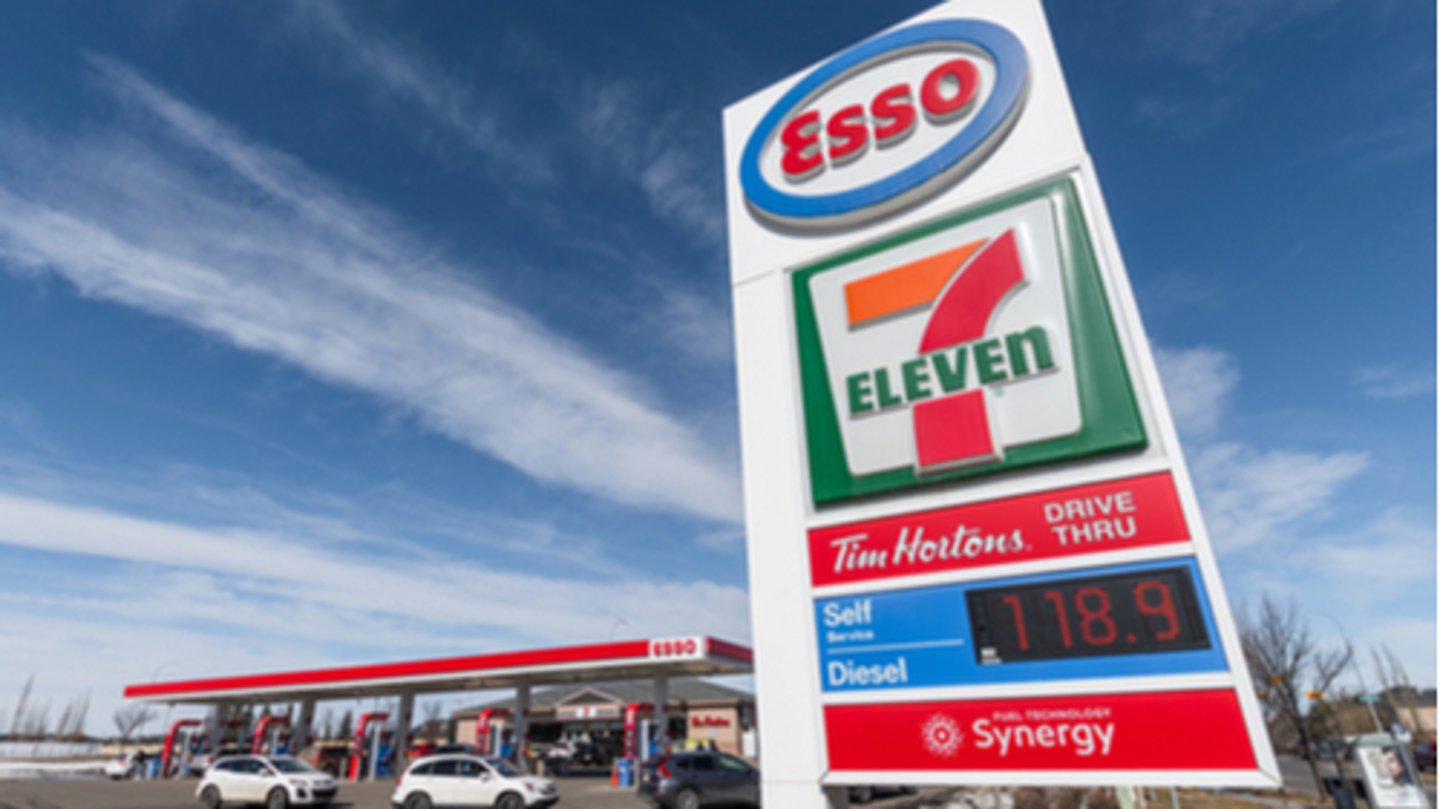Tim Hortons drives RBI's sales growth but exec chairman wants more profitability
TORONTO - Restaurant Brands International Inc. says it delivered double-digit sales growth in its latest quarter amid higher revenues at Tim Hortons and Burger King, but its executive chairman wants more to be done to drive store-level profitability.
"I'd put the quarter solidly in the win column, but we also still have plenty of opportunities,'' said Patrick Doyle on Tuesday during a conference call with analysts.
Doyle, who was chief executive of pizza chain Domino's when it underwent a transformation, has been observing the Toronto-based parent company behind Tims, Burger King, Popeyes Louisiana Kitchen and Firehouse Subs since he joined RBI last November.
His introduction to RBI has come as the brand has been charting its rebound from the COVID-19 pandemic, which pushed people to work remotely and forgo office coffee breaks and other dining out occasions that RBI restaurants fuelled.
As Doyle approaches his one-year mark with the company, quick-serve restaurant visits are working their way back into routines as people visit their offices once more, but with remote work still popular and inflation stubbornly high, it's taking some coaxing to boost store traffic once more.
While Doyle seems pleased with how RBI has addressed the ups and downs of the pandemic recovery, he said he sees room for improvement in a number of areas, including net-store growth, which he described as "solid but not what we aspire to.''
The company opened 169 net new restaurants in its latest quarter, helping it surpass the 30,000-restaurant mark globally.
Also, on Doyle's wish list is addressing the "flat to slightly negative'' order counts seen within Burger King, Popeyes and Firehouse's home markets and keeping the flow of cash to franchisees strong.
"I want to be clear that we aren't where we need to be'' Doyle said. "The progress is good but greatness for each of the brands requires that we generate a great return for each of the brands franchisees.''
Generating that great return will mean Tims has to focus on driving more sales during the later half of the day and expanding its beverage offerings, including cold beverages like the company's fruity Quenchers, which RBI has described as a hit. Quenchers were highlighted by the brand over the long weekend at a boat drive-thru the company ran on Lake Scugog in Ontario's cottage country.
At Burger King, Doyle wants to see the focus on modernizing operations, a process already underway through the "Reclaim the Flame'' plan the brand launched in September to accelerate sales growth and drive franchisee profitability.
RBI intends to spend more than $400 million on the plan, including $150 million on advertising and digital investments and $250 million on remodels and relocations, restaurant technology, kitchen equipment, and building enhancements.
Over at Firehouse, the newest chain in the RBI family, Doyle wants to see brand development accelerate. The sandwich outlet has a strong presence in the U.S., but recently opened its first overseas location in Zurich, Switzerland and outfitted it with a digital ordering process.
Hampering its more recent expansion efforts was a "major outage'' at NCR, a third-party payment company Firehouse has a contract with that was hit with a cyberattack in spring, downing Firehouse terminals.
"We and our franchisees are disappointed by the impact on the business and the slow recovery from our vendor partner,'' said Josh Kobza, RBI's chief executive, on the same call as Doyle.
Meanwhile, at Popeyes, the focus has to be on "easy, easy, easy,'' Doyle said.
His remarks were a nod to the company's "Easy to Love'' plan that has seen it simplify its kitchens to speed up order fulfilment and boost employee retention and extend its product offerings to include ghost pepper wings and more chicken sandwiches that can now be topped with bacon and cheese.
Such efforts contributed to RBI's second-quarter net income nudging up 1.4% to US$351 million from US$346 million the year before, despite higher operating expenses.
The company, which reports in U.S. dollars, also posted a revenue boost to US$1.78 billion in the quarter ended June 30 from US$1.68 billion a year earlier.
On an adjusted basis, RBI is reporting diluted earnings per share of 85 cents versus 82 cents per share from the year before - well above analyst expectations of 77 cents per share, according to financial markets data firm Refinitiv.
Consolidated system-wide sales jumped 14% year over year, while global comparable sales increased 10% compared with the same period a year earlier, led by even higher gains at Tim Hortons in Canada and Burger King International.
Looking forward, the company said it is still seeing lower traffic levels at its restaurants than in 2019 but is pleased that costs are coming down as inflation slowly decreases.

